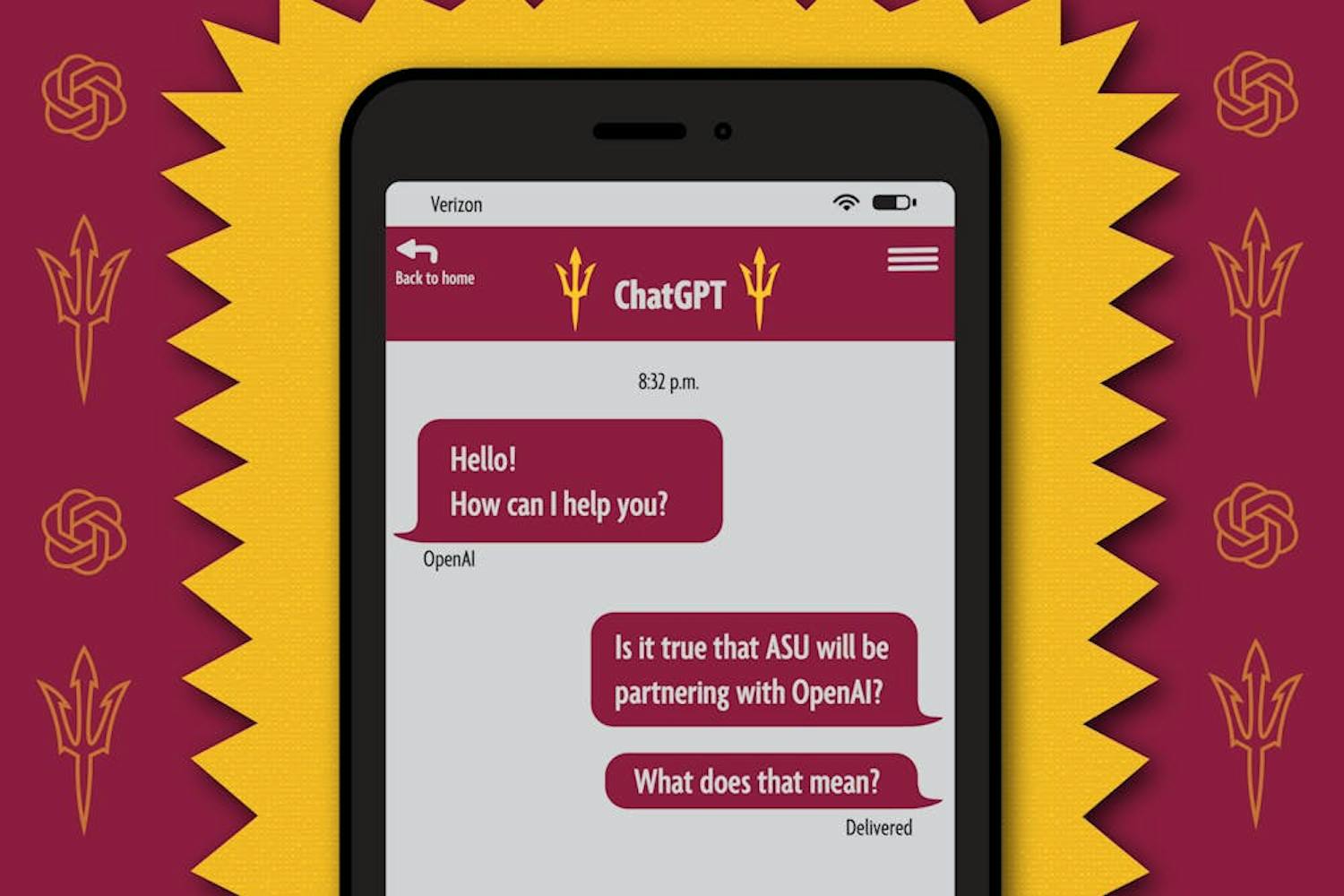Who has a higher IQ, Albert Einstein or actor James Woods?
It’s a bit of a trick question, as Einstein never took an IQ test, but estimates place him around 160. Woods’ is supposedly around 180.
These days, Mensa, the international high IQ society, has 3 and 4 year olds in their organization with IQs equal to Einstein (though the numbers aren’t meant to be compared across age groups).
Likewise, Yahoo recently ran an article entitled “The 16 Smartest People on Earth,” based on IQ. They admit, “IQ is a problematic measure of intelligence,” but launch into the roster nonetheless. A few days earlier, io9 also discussed intelligence tests, listing not just IQ, but tests for empathetic and ethical intelligence, concluding none are definitive.
I don’t know my IQ. And the more I read about high IQ organizations, estimates for historical figures and the discussions as to what standardized tests fail to take into account, I wonder if it really matters.
Isn’t human genius something that defies quantification?
Yet we’re obsessed with quantifying. College students are familiar with standardized testing: SAT, ACT, GRE, MCAT, LSAT. It’s something we both fear and value, as we define our world within easy measurements, but remain paranoid of a dystopian future in which we’re only numbers in a system. The readers of the Yahoo article clicked on the link to find out the “16 Smartest People on Earth,” but then commented on the pointlessness of the list. We want to fit everyone into comparable units, but then bristle at the implications.
io9’s conclusion mentioned our current inability to make strong artificial intelligence “because nobody can agree on what intelligence truly is.” The tone might be disappointed, but perhaps we should take the hint: the vast complexity of human experience is impossible to replicate. And that’s the amazing reason genius can exist at all.
There’s nothing wrong with statistics, standardized tests or quantification in the name of science. But there is something wrong with making this information the part that matters. It’s not the numbers, but the application. It’s not the IQ, but the people.
Speculating where Shakespeare, Van Gogh or Tarantino would rank with other cultural and historical figures in terms of intelligence misses the point entirely. It’s like comparing Albert Einstein to James Woods.
Like many aspects of our society, our interest in quantifying intelligence results in oversimplification. In our search to rank each other and ourselves on a scale as a means of differentiation, we end up homogenizing whole groups of people, putting them in a bracket or under a heading.
Intelligence comes in many forms, but, more importantly, people come in many forms. We can’t create strong artificial intelligence yet, because we can’t fully understand ourselves yet, because no one mind works the same way.
If we had identical, quantifiable intelligence, we wouldn’t be human. If we had a world of Einstein’s, we wouldn’t have any Van Gogh’s. And imagine what a world comprised of Tarantino’s would look like.
Thank goodness IQ tests are so flawed. Thank goodness people fail standardized tests, break conventions and defy explanations. That means we’re not all the same.
Reach the columnist at Esther.Drown@asu.edu or follow her at @EMDrown.



